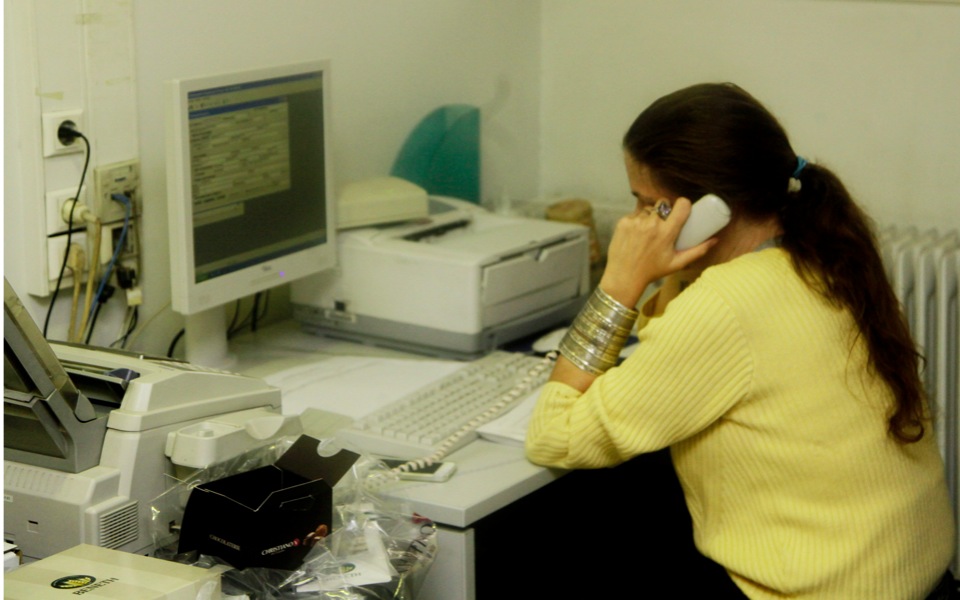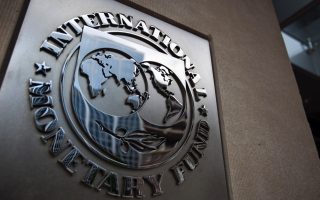Greek telecom networks are relatively slow and expensive

Greek telecom networks have a low operating performance, even though Greeks appear to pay more for their telecom services, a recent survey conducted by the Organization for Economic Cooperation and Development (OECD) has found.
Citing assessments by three independent bodies, the Digital Economy Outlook 2015 report said that Greek Internet connections work at low speeds. It referred to measurements made by the Ookla and Akamai companies, as well as the Measurement Laboratory (M-Lab), all of which have been set up by US educational institutes in cooperation with Google.
Greece emerged as a digital laggard, particularly in the measurement by Ookla: It showed that the landline network of the country has a mean downloading speed of Internet data amounting to 8.5 megabytes per second, making it the second-slowest among the OECD member states, above Italy (with 7.5 Mbps), while South Korea fares best with 50.5 Mbps.
The Akamai figures showed a worse performance for Greece but place it higher on the list. Akamai found an average speed of 5.3 Mbps for Greek connections, which places Greece in the 29th spot among 34 OECD countries. Chart leader South Korea showed a mean speed of 23.6 Mbps. As for M-Lab, it identified an average speed of 6.3 Mbps in Greece, which ranks this country 22nd among 33 states. All surveys were conducted in the first quarter of 2014.
The low performance of Greek networks is mostly attributed to how they are built, as they use copper wiring. Countries with high performances are those that have replaced their copper wiring with fiber optics.
The same OECD report revealed that telecommunications are relatively expensive in Greece. Greek users of a monthly package with a speed above 10 Mbps spend some $29, which in purchasing power terms translates into $30; based on the latter Greece is found to be the 16th most expensive country in the OECD.
Greece is significantly cheaper when it comes to landline services, i.e. not including Internet supply. A benchmark package of 420 calls per month including value-added tax sets Greeks back by $50 in terms of purchasing power. In this regard, Greece is the 27th most expensive country among OECD members.
However, Greeks pay more for their mobile phones: A package of 900 calls per month with the use of up to 2 gigabytes on the Internet puts Greece at fifth place on the list of the costliest markets.





